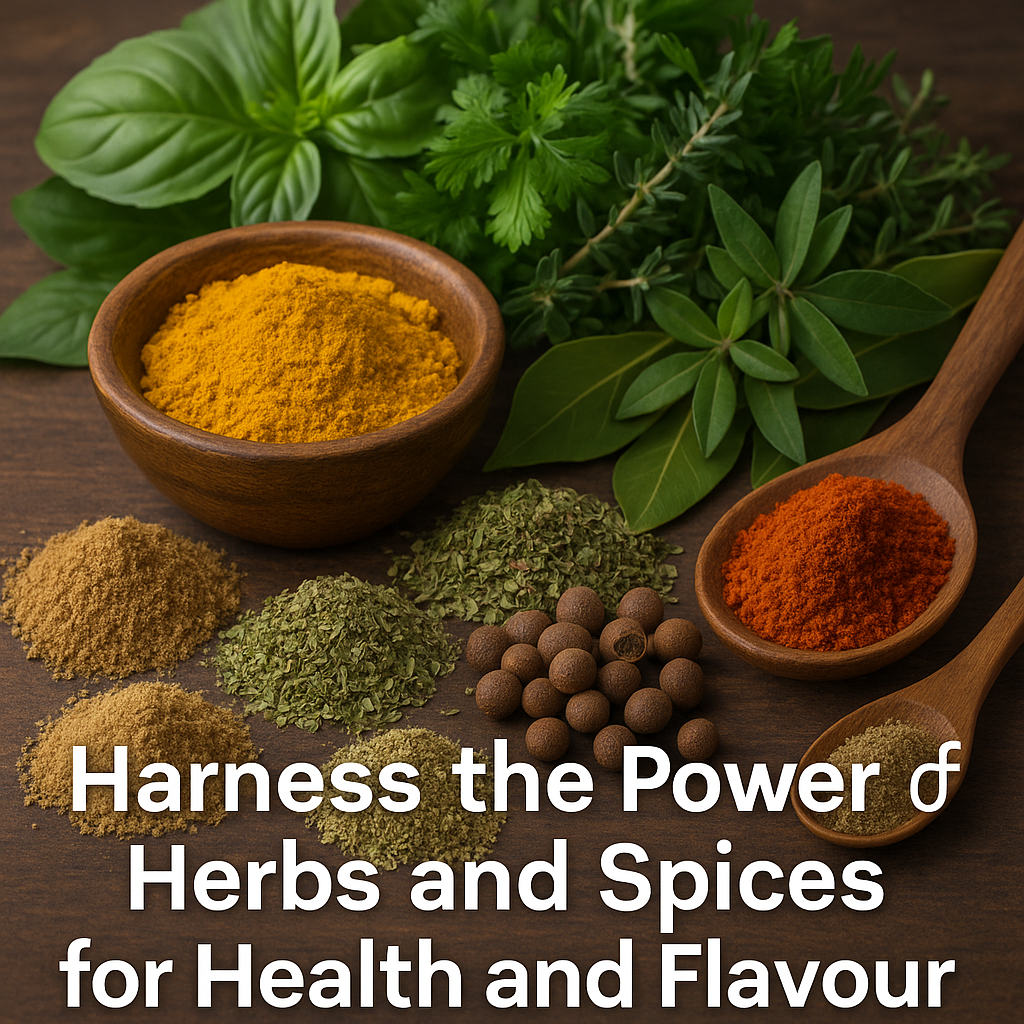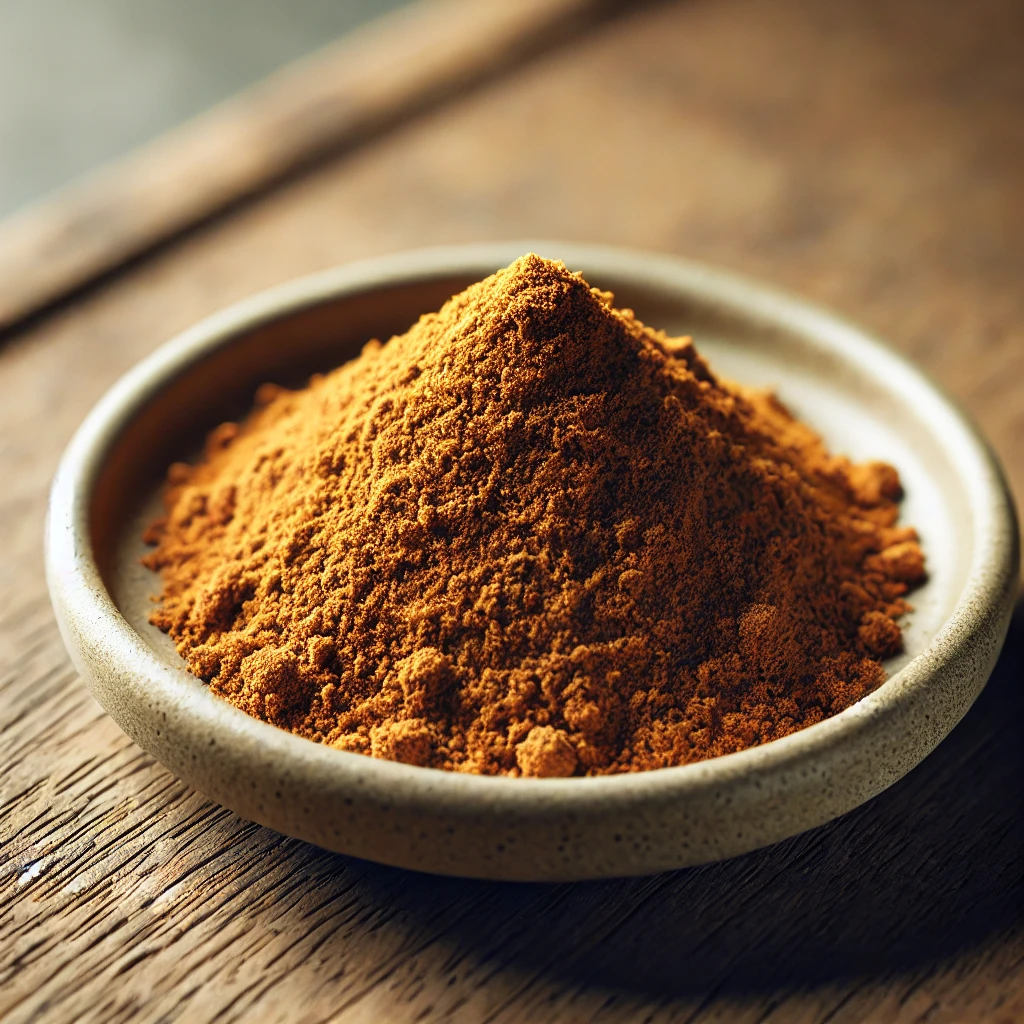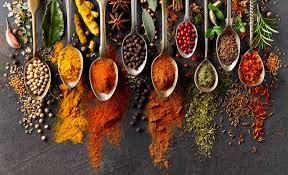When You Are Not Using Homemade Spices and Herbs
Considerations for Children, Pregnant Women, and Those with Health Issues
Certain groups may be more vulnerable to additives in spice blends due to their unique dietary needs and physiological factors. For example, children are more sensitive to additives like artificial colors and flavors, which have been linked to hyperactivity and behavioural issues. Pregnant women should be cautious with spice blends containing certain additives, as some may cross the placental barrier and affect fetal development. Individuals with allergies, sensitivities, or compromised immune systems should consult healthcare professionals and carefully read ingredient labels to avoid potential triggers or adverse reactions. Understanding the specific risks and considerations associated with additives in spice blends helps vulnerable populations make informed choices to protect their health and well-being.
Many commercially prepared spice blends contain high levels of salt to intensify flavor and prolong shelf life. While sodium is an essential nutrient needed for various bodily functions, the average consumption of salt far exceeds recommended levels, largely due to the prevalence of processed and packaged foods. Understanding the impact of salt in spice blends is crucial for managing sodium intake and promoting heart-healthy eating habits.
Salt is commonly added to many spice blends and seasoning mixes. It is a fundamental ingredient that enhances the flavor of food and is often used to balance and bring out the taste of other spices in a blend. When purchasing pre-packaged spice blends, it is essential to read the ingredient labels to check for the presence of salt. Some spice blends may have varying levels of salt content, depending on the intended use and taste profile.
Antioxidants: Spices are susceptible to oxidation, which can degrade their quality and flavor. To prevent spoilage, antioxidants like BHT (butylated hydroxytoluene) and BHA (butylated hydroxyanisole) are added. Some studies have raised concerns about potential health effects with prolonged and high-level consumption. To minimize exposure to antioxidants, consumers can select natural and fresh spice products that require no preservative treatment.
Harmful Effects of Salt in Spices
Indulging in excessive salt intake can raise blood pressure, leading to strain on the kidneys and the heart. You might not think of your kidneys when you consider blood pressure, but let’s explore how they are related.
Every day, your kidneys filter more than 180 litres of blood, removing toxins, waste and extra fluid from cells throughout the body and sending it to the bladder. If you consume excessive salt, your kidneys may have difficulty eliminating the excess fluid from your body. This can lead to fluid retention which in turn can cause your blood pressure to rise, resulting in hypertension, and restricted blood flow to vital organs.
Fluid Retention and Swelling
Consuming too much salt can cause the body to retain water, leading to bloating and swelling, particularly in the hands, feet, and ankles.
Risk of Cardiovascular Diseases
High salt consumption is linked to an increased risk of cardiovascular diseases, including heart attacks and strokes. It can negatively impact blood vessel health and contribute to arterial stiffness.
Kidney Strain
An abundance of salt in the diet puts extra stress on the kidneys, potentially leading to kidney stones or reduced kidney function over time.
Bone Health Concerns
Excessive salt intake may lead to the loss of calcium in the urine, weakening bones and increasing the risk of osteoporosis.
Digestive Discomfort
Too much salt in spice blends can cause digestive discomfort, leading to acidity, upset stomach, and other gastrointestinal issues.
Dehydration
High salt intake can contribute to dehydration, as it encourages the body to expel more water, which can lead to fatigue and reduced physical performance.
Increased Thirst
Consuming salt-laden spice blends may leave you feeling excessively thirsty, causing you to drink more water and potentially leading to further strain on the kidneys.
Taste Desensitization
Regularly consuming highly salted spice products can desensitize taste buds, leading to a preference for saltier foods and reducing the ability to appreciate more subtle flavors.
Impact on Mental Health
Some studies suggest that excessive salt consumption may be linked to an increased risk of mental health issues, such as depression and anxiety.
Harmful Effects of Artificial Sugars in Spices
Sugar consumption has become a leading concern in modern diets. While naturally occurring sugars in fruits and other whole foods are not inherently harmful, added sugars and artificial sweeteners can have detrimental effects on metabolic health and mood.
Many consumers are unaware of the hidden sugars lurking in spice blends, as they may be listed under different names, such as sucrose, high-fructose corn syrup, or dextrose. In some commercially produced spice mixes, especially those used for specific types of cuisines like barbecue seasoning or sweet and savoury blends, sugar or sweeteners may be included to add a touch of sweetness.
Aspartame, acesulfame potassium, sucralose, saccharin, neotame, advantame, and steviol glycosides (stevia extract) – these artificial sugars may sweeten your spices, but their impact on health can be far from sweet. It can lead to bad behaviour, hyperactivity, and allergies. According to a government warning, artificial sweeteners should not be used in food for children or pregnant women.
Excessive sugar consumption has been linked to obesity, type 2 diabetes, and other metabolic disorders. The pervasive use of sugar in processed foods contributes to the overconsumption of added sugars in the diet, highlighting the need for greater awareness and moderation when using spice blends containing sugar.
Contrary to their calorie-free promise, artificial sugars can stimulate hunger hormones. Sugars and sweeteners add empty calories to spice blends, leading to increased calorie intake and potential weight gain. Artificial sugars may trick the brain into expecting real sugar, leading to cravings and overeating. Studies suggest that consuming artificial sugars may disrupt the body’s natural appetite regulation, potentially leading to weight gain over time.
Increased Risk of Metabolic Diseases
Regular consumption of sugary spice blends may contribute to metabolic disturbances, leading to a higher risk of obesity, cardiovascular diseases, fatty liver disease, and type 2 diabetes.
Impact on Gut Health
Artificial sugars can negatively impact gut bacteria, leading to an imbalance in the microbiome. This imbalance may compromise digestion and overall gut health, potentially contributing to digestive issues.
Heart Health
Studies suggest that regular consumption of artificial sugars may increase the risk of cardiovascular diseases, including heart attacks and strokes.
Allergic Reactions
In rare cases, individuals may experience allergic reactions or sensitivities to specific artificial sugars, leading to symptoms such as skin rashes or digestive discomfort.
Negative Psychological Effects
Refined sugars and artificial sweeteners have been linked to mood swings, anxiety, and depression in some individuals.
When purchasing pre-packaged spice blends or seasoning mixes, it’s essential to read the ingredient labels to check for the presence of sugar or sweeteners.
Hidden Gluten
In some commercially produced spice blends or seasoning mixes, small amounts of flour or other fillers may be added as bulking agents or to prevent caking or clumping of the spices. These fillers are used to ensure a consistent texture and appearance of the spice blend.
Harmful Effects of Flour in Spices
For individuals with gluten intolerance or celiac disease, consuming even trace amounts of gluten can trigger adverse reactions, leading to discomfort, inflammation, and long-term health issues.
Digestive Discomfort
Flour, being a starchy substance, can be challenging for some individuals to digest. In spice blends containing flour, it may contribute to bloating, gas, and indigestion, particularly for those with sensitive digestive systems.
Empty Calories
Flour adds unnecessary calories to spice blends without contributing any significant nutritional value. Consuming spice products with added flour may lead to an increase in overall calorie intake, potentially impacting weight management and overall health.
Blood Sugar Spikes
Refined flour is quickly converted to sugar in the body, leading to rapid spikes in blood sugar levels. For individuals with diabetes or those striving to manage blood sugar levels, spice blends with added flour can be detrimental to their health.
Weight Gain and Obesity
Flour can contribute to weight gain when consumed in excess, as it is calorie-dense and lacks essential nutrients. Over time, excessive consumption of spice blends with added flour may contribute to obesity and related health issues.
Processed and Less Nutritious
Spice blends containing flour are often highly processed, stripping away vital nutrients present in whole spices. Opting for unprocessed and pure spice products can ensure the retention of essential vitamins, minerals, and antioxidants.
Negative Impact on Gut Health
Flour lacks dietary fiber, essential for maintaining a healthy gut. Spice blends with added flour may miss out on the gut-friendly benefits present in whole spices, potentially compromising gut health.
Preservation of Authentic Flavors
Flour may alter the authentic flavors of spices, diluting their taste and diminishing the overall quality of the spice blend. Choosing pure spice products without added flour allows us to savor the true essence of each spice.
For individuals with gluten intolerance or those looking to avoid flour in their diet, it is essential to check the ingredient labels on spice products for the presence of flour or other fillers.
In conclusion, the use of flour in spice blends poses potential health risks and diminishes the nutritional value of the final product. Being aware of these ill effects empowers us to make informed choices, selecting pure and unadulterated spice products to enrich our food while safeguarding our well-being.




